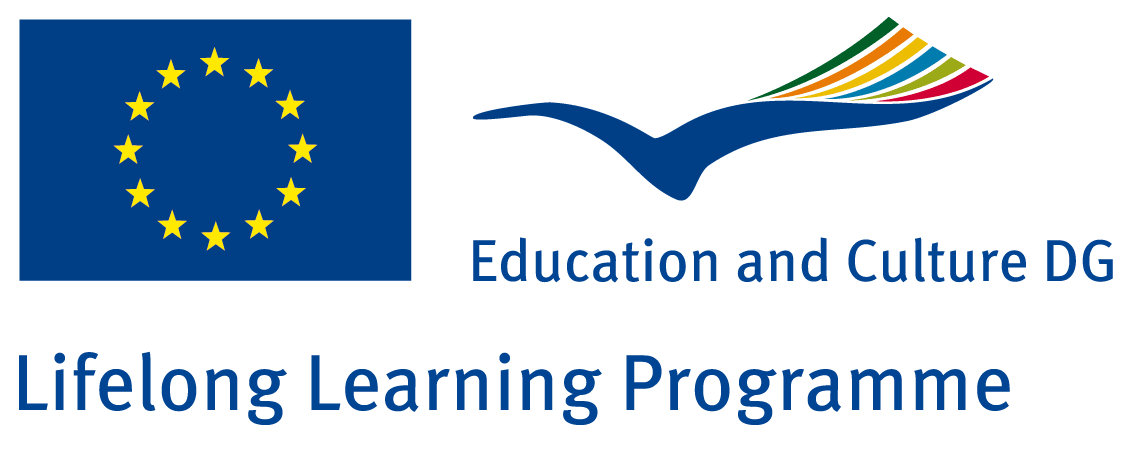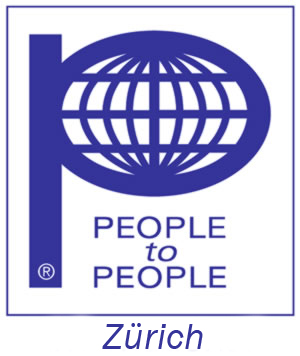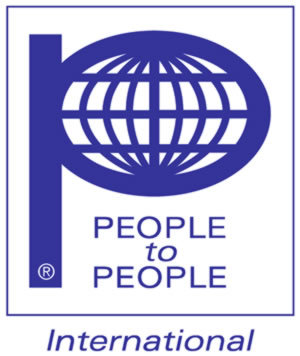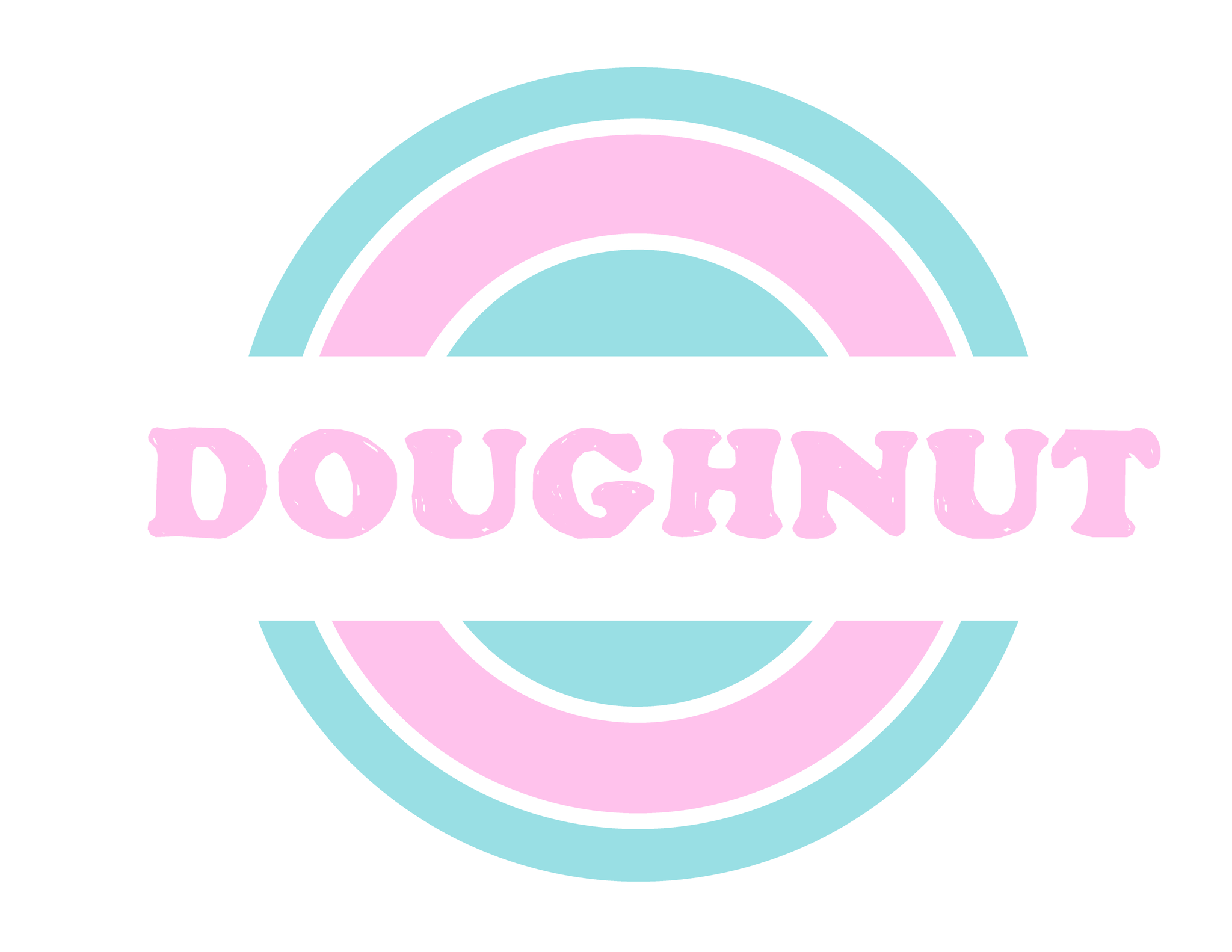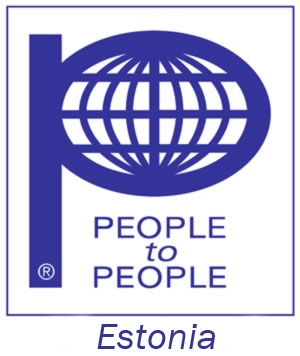DOUGHNUT: what Development OUGHt to meaN to yoUTh
(2021-2-EE01-KA220-YOU-000048246)
We are facing an unprecedented crisis and it will take huge efforts to reverse the changes that the planet is undergoing right now. Famous points of no return are being reached all over the world and we cannot even reverse most of them, only its magnitude can be limited (United Nations, Intergovernmental Panel on Climate Change, 2021). Moreover, this climate crisis is not all there is, as it proves to be very multilateral, involving social and economic realms as well and bringing life quality deterioration.
What does the Doughnut Economy bring to this picture?
It is a new vision where economic activities are linked to a society that depends on the environment for its survival. And it does so with a new integrated system of socio-economic and environmental indicators that helps to recognize where a society is and where it should be heading in the future. It offers constant monitoring of these indicators and provides connections between different dimensions. As Kate Raworth, Oxford s economist and the Doughnut Economy author and promoter, says, A healthy economy must be designed so that everyone can prosper, not grow without end. This means, without exceeding the ecological ceiling, and by default, by guaranteeing the social welfare of the population by indicating social and economic priorities that must be urgently adopted in different areas.
Her model is explained through a doughnut-shaped diagram, hence its name. The inner ring represents the 12 basic human needs that must be met to ensure social cohesion; the outer ring is the ecological context that we have, the limits marked by the finiteness of the planet and is finite natural resources. Therefore, the middle green ring represents the dimension where humanity and the planet can coexist in a healthy way.
The Doughnut Economy can be applied on a global, national and local level and different European cities are already starting to implement it, such as Amsterdam, in our partner country the Netherlands, and Barcelona, in our partner country Spain. With our project we wish to translate Doughnut Economy into youth work and Third Sector entities level having observed the need for explaining and promoting this concept, altogether with an updated climate crisis education, sustainable entrepreneurship models and digitalisation within the planetary boundaries.
Project objectives
1. To increase 30 youth workers competencies by an exchange of best practices in regard to sustainable entrepreneurship, technology, and climate action according to Doughnut Economy theory in the non-formal education sector.
2. To create a set of theoretical and practical youth work methods on sustainable entrepreneurship, technology, and climate action according to Doughnut Economy theory in the non-formal education sector.
3. To increase our communities awareness of sustainable entrepreneurship, technology and climate action according to Doughnut Economy theory in the non-formal education sector.
Activities
As for our main DOUGHNUT project activities, we will kick-start it with a first Transnational Project Meeting in Spain, have an intermediate evaluation at the middle and another Transnational Project Meeting at the end, in Estonia.
As for the Learning Teaching Training Activities, we will organise two mobilities. The first one will be a Course for Youth Workers in Spain that will last 8 days and will be attended by 10 youth workers from each partner organisation. We will get to know each other and exchange our good practices there.
Then, after we come back, we will organise 2 Internal Workshops for the rest of our colleagues in order to transfer them new abilities acquired during the Course. Once we are all on the same page, we will then start working on the Interactive Guide based on the previous exchange of knowledge and skills as we will build upon it the new methodology for working od Doughnut Economy with youth.
Its creation will also involve a testing stage with its own workshop for local youth and youth workers from outside of the Partnership who will give us feedback valuable for the finalisation of the Guide as its activities will be based on the ones included in the draft of the Guide.
Once the text is finished and translated, and while we will be producing the audible versions and our graphic designers will be producing the interactive layout for the book, another project mobility will take place. Namely, the Youth Exchange in the Netherlands to be attended by 8 young people from learners communities and 2 young leaders from each partner organisation.
When it is finished, we will focus on the organisation of the local Multiplier Events, one in each partner country, followed by Consultation Periods for the events attendees wishing to implement our Guide in their own context.
As a part of the Continuation strategy, we will also organise online and offline follow up workshops for local youth at the very and after the formal end of the project. They will be based on the methodologies from the Interactive Guide, will be free of charge and youth workers from outside of the Partnership will be involved to attend them in order to see how we put in practice the methods we will have been working on.
Young people will also be encouraged to start and base their own local initiatives and groups on the Doughnut Economy principles and entrepreneurship model that we will draw out of it.
Results
The main project outcomes will be the following:
O1. To have trained 30 youth workers from our NGOs in sustainable entrepreneurship, technology and climate action according to Doughnut Economy theory
O2. To have produced an interactive guide for youth workers with youth work methods on sustainable entrepreneurship, technology and climate action according to Doughnut Economy theory in the non-formal education sector
O3.1 To have trained our NGOs staff not participating in the project in the new youth work methods on sustainable entrepreneurship and climate action according to Doughnut Economy theory in the non-formal education sector
O3.3.2 To have trained 24 young people in becoming sustainable entrepreneurship and climate action according to Doughnut Economy local promoters and ambassadors
O3.2.2 To have supported project participants in practical transfer of the new competences to their local communities via co-organising 3 Multiplier Events, Consultation Periods and Follow Up Doughnut Workshops
O3.3 To have widely disseminated our project s topic and results, inside and outside of our Partnership
Moreover, within our Partnership we expect the DOUGHNUT project to have the following main outcomes corresponding to the needs.
Young people we work with expect to:
Have been offered an updated training on climate urgency by our NGO and have learned about different ways of climate actions.
Have received better access to remote training after the pandemic.
Have improved their sustainable entrepreneurship knowledge and received practical examples.
Youth workers in our 3 NGOs expect to:
Have reinforced our expertise on the economy that takes into account climate urgency.
Have updated our didactic offer with entrepreneurship tools based on Doughnut Economy.
Have acquired better remote youth work tools, media literacy and online activism methods.
ENGLISH AUDIOBOOK:
ESTONIAN AUDIOBOOK:
DUTCH AUDIOBOOK:
SPANISH AUDIOBOOK:
__________________________________________________________________
This project has been founded with support from the European Commission by Erasmus+ Programme. This publication reflects the views only of the author and the Commission cannot be held responsible for any use which may be made of the information contained therein.
